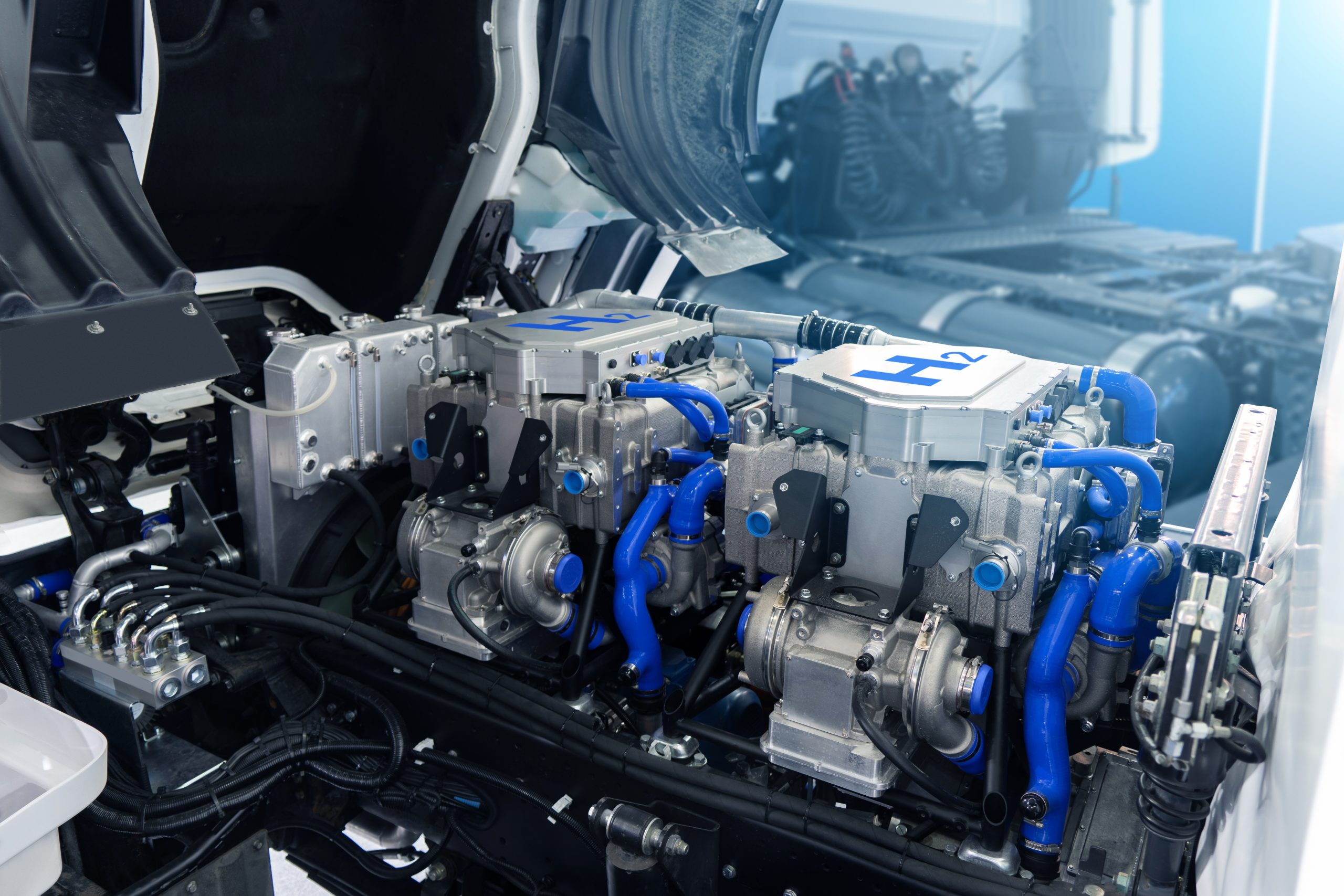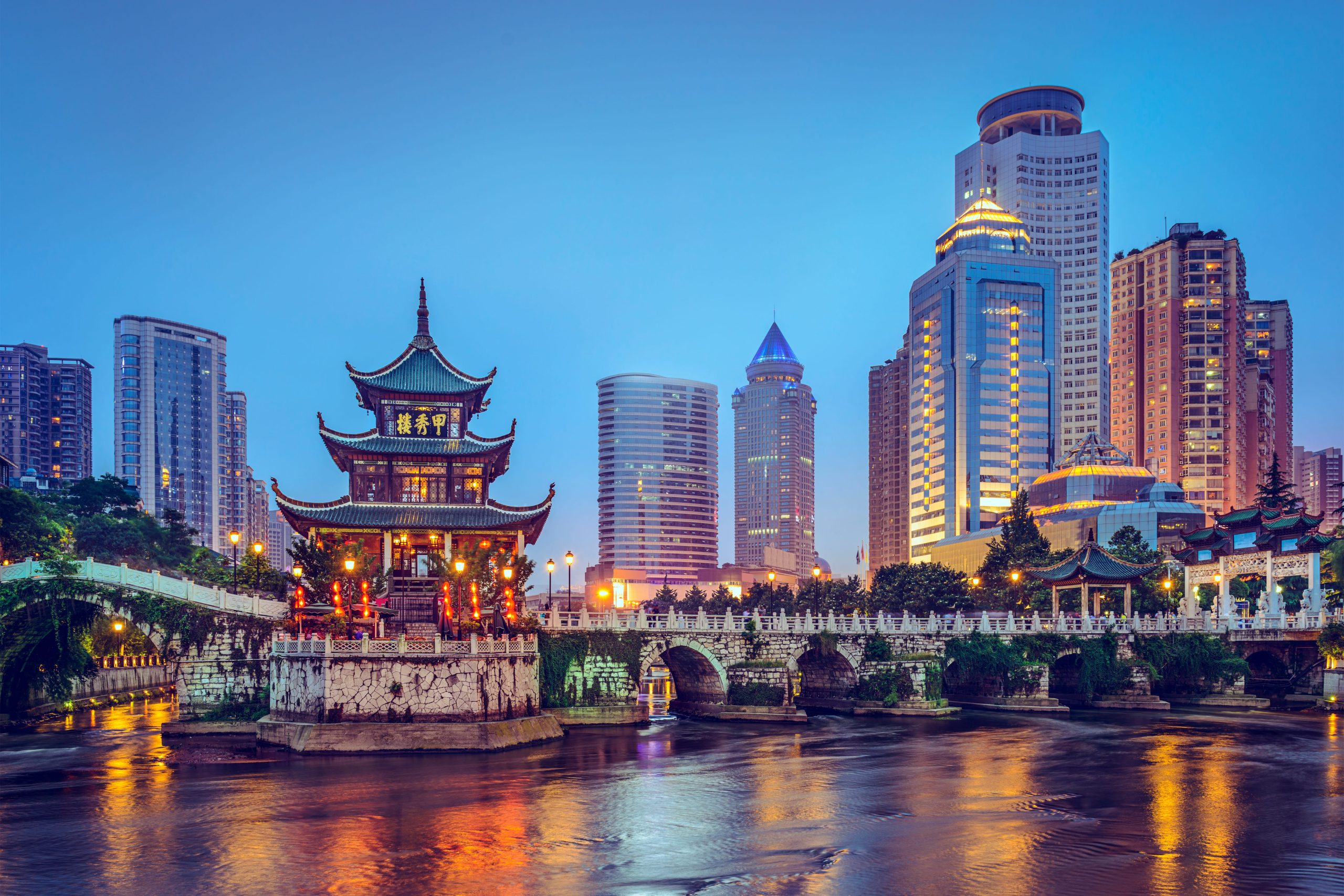AMR: Hydrogen Fuel Cell Market Poised to Reach $57Bn by 2032

In a recently published report by Allied Market Research (AMR), they revealed that the hydrogen fuel cell vehicle market will reach almost $58 billion within the next 6 years.
According to the report, Asia-Pacific, which accounts for one-third of the market, will likely maintain dominance in 2032. AMR shared that increasing environmental concerns, government initiatives, and advancements in technology are factors leading to market growth. The report also identifies the top 10 entities that are leading the hydrogen cell vehicle market.
AMR published a report, titled, “Hydrogen Fuel Cell Vehicle Market by Vehicle Type (Sedan, SUV, and Others), Technology (Proton Exchange Membrane Fuel Cell and Phosphoric Acid Fuel Cell), and Range (0-250 Miles, 251-500 Miles, and Above 500 Miles): Global Opportunity Analysis and Industry Forecast, 2023-2032″. According to the report, the global hydrogen fuel cell vehicle market size was valued at $1,479.3 million in 2022 and is projected to reach $57,899.1 million by 2032, registering a CAGR of 43.0% from 2023 to 2032.
Asia-Pacific to maintain its dominance by 2032
By region, Asia-Pacific held the highest market share in terms of revenue in 2022, accounting for one-third of the Hydrogen Fuel Cell Vehicle market revenue. However, North America is a dominant market for hydrogen fuel cell vehicles with the presence of major players that offer HFCVs.
Further, the rapid development of hydrogen refuelling stations (HRS) in this region drives the market growth. For instance, in December 2022, at its Performance Manufacturing Centre (PMC) in Marysville, Ohio, Honda revealed that it would begin producing a brand-new hydrogen fuel cell electric vehicle (FCEV) in 2024 that will be based on the recently released, all-new Honda CR-V.
Surge in environmental concerns, increase in government initiatives for the development of hydrogen fuel cell infrastructure, and technological advancement drive the growth of the market.
Thus, the hydrogen fuel cell vehicle manufacturing and automotive component manufacturing sector is witnessing prominent growth in growing economies such as Japan, South Korea, and China, which is expected to provide lucrative opportunities for the growth of the hydrogen fuel cell vehicle market in the region.
Sales of hydrogen fuel cell vehicles are directly associated with automotive production and sales activities across the globe. The COVID-19 crisis is causing uncertainty in the hydrogen fuel cell vehicle market by delaying supply chains, hampering business growth, and generating uncertain demand scenarios.
Prime determinants of growth
By vehicle type, the SUV segment held the highest market share in 2022, accounting for more than half of the global hydrogen fuel cell vehicle market revenue, and is estimated to maintain its leadership status throughout the forecast period. This segment is projected to manifest the highest CAGR of 43.2% from 2023 to 2032, owing to the increase in demand for Hydrogen Fuel Cell SUVs.
By technology, the proton exchange membrane fuel cell segment held the highest market share in 2022, accounting for more than half of the global Hydrogen Fuel Cell Vehicle market and is projected to grow at a CAGR of 43.4% during the forecast period.
SUV segment is expected to dominate throughout the forecast period
By range, the 251-500 miles segment accounted for the largest share in 2022, contributing to more than half of the global Hydrogen Fuel Cell Vehicle market revenue. However, 0-250 Miles is projected to lead the market during the forecast period with a CAGR of 44.8% during the forecast period.
Leading market players:
- BMW Group
- Hyundai Motor Group
- AUDI AG
- Ballard Power Systems
- Toyota Motor Corporation
- MAN SE
- Honda Motor Co. Ltd.
- Mercedes-Benz Group AG
- General Motors
- AB Volvo
The AMR report provides a detailed analysis of these key players in the global Hydrogen Fuel Cell Vehicle market. These players have adopted different strategies such as new product launches, collaborations, expansion, joint ventures, agreements, and others, to increase their market share and maintain dominant shares in different regions.
AMR also explained that the report is valuable in highlighting business performance, operating segments, product portfolio, and strategic moves of market players to showcase the competitive scenario.
Moreover, the U.S. cities are looking forward to eliminating the emissions from their public transit fleets. For instance, the mayor of Los Angeles has set an objective of 2030 for an emissions-free fleet. Also, the companies are expanding the U.S. market for increasing their revenue which increases the market share of the U.S. during the forecast period.
For instance, Hyundai Motor planned to expand into U.S. Market with Hydrogen-powered XCIENT Fuel Cells at ACT Expo. At the ACT Expo, the largest advanced transportation technology and clean fleet event, Hyundai Motor will share the progress of the NorCAL ZERO Project.
Through the project, also known as Zero-Emission Regional Truck Operations with Fuel Cell Electric Truck, Hyundai Motor will deploy 30 Class 8 6×4 XCIENT Fuel Cell heavy-duty tractors at the Port of Oakland, California, in 2023.

